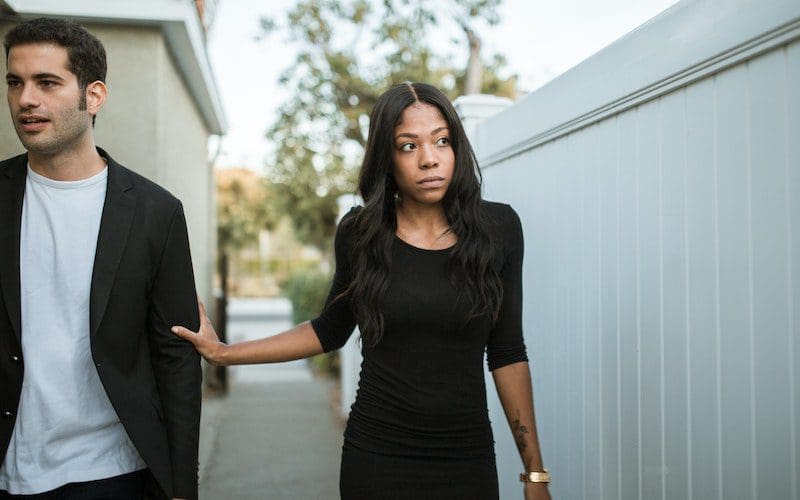In a recent blog, we wrote about the importance of finding a sponsor to support you on your recovery journey. We talked about the ways in which a sponsor—a person who is farther along in their recovery than you are in yours—can provide support, advice, and accountability. And we provided a list of tips for finding a sponsor who will be a good match for you.
In a perfect world, you could make use of those tips, find the perfect sponsor, and form a strong and lasting bond that will serve to support your sobriety for years to come.
We probably don’t have to tell you that this is not a perfect world.
As a result, there is a possibility that your sponsor won’t work out. That may become clear in the early going or it may come to light later on. It is even possible that a person who was a good match for a long time might not be forever.
Why Cut Your Connection to Your Sponsor?
There are a number of reasons you might find yourself deciding to cut ties with your current sponsor. Perhaps you and your sponsor are not a great match in terms of personality. Maybe changes in your schedule or your sponsor’s schedule makes it difficult for you to talk and meet regularly. Perhaps your sponsor feels as though they have provided all the guidance they have to share. It is even possible (though surely regrettable) that your sponsor has experienced a relapse.
We do want to make a clear distinction here. All of the reasons listed above are good reasons to consider making a sponsor change. Sometimes, however, people decide they would like to make a sponsor change because their current sponsor is doing what sponsors are supposed to do: holding them accountable.
If you are considering ending your sponsor relationship, it is essential that you are clear and honest with yourself about the reasons why. Dropping a sponsor because you would like less accountability is a bad idea—an idea that can quickly open the door to a relapse.
Ending a Sponsorship: More Like a Job Change, Less Like a Breakup
Because the relationship between a sponsor and the person being sponsored is one-on-one, it can be tempting to think of the end of the partnership as akin to a breakup. The whole “It’s not you, it’s me,” routine.
But we would suggest that a breakup is not the best metaphor for making a sponsor change.
Instead, we suggest thinking of it in the same way you might think of getting a new job. Many people make job changes (sometimes many job changes) over the course of their careers—and they do so for any number of reasons. Each time it happens, the person in question has to tell their boss and coworkers that they are moving on.
Think about that moment when you have to have a conversation with the boss. The boss might be surprised. They might be disappointed (or worried about how they are going to get everything done without you). They might even try to convince you to stay. But as a rule, they will accept the decision and wish you well. It might not be the most comfortable conversation you have ever had, but it is likely to end on a positive note.
Keeping that model in mind can make the conversation you need to have with your sponsor less intimidating and emotional—and likely to go more smoothly.
Best Practice? Find a New Sponsor
After ending this relationship, you may be tempted to go it alone. You have been sober for a while now, and it may seem like you have outgrown the need for a sponsor. We would suggest that you consider forging a new sponsor relationship anyway. Having someone you know you can count on when the going gets tough—which it will, no matter how long you have been sober—provides significant support for your sobriety.
Meanwhile, as your recovery progresses, you might decide to become a sponsor yourself so that you can help others stay sober. That chain of support—in which you are both sponsored and a sponsor—can make a real difference in your life and the lives of others.
You Can Start Your Recovery Journey Here
Before you can even think about getting—or becoming—a sponsor, you have to get sober. At French Creek Recovery Center in Meadville, PA, we can help with that. We will personalize a treatment plan for you and see you through medically supervised detoxification and our rehabilitation program grounded in group and individual therapy. Then we will continue to provide support and resources via our commitment to a continuum of care. If you are struggling with drugs or alcohol, we can help you regain and then maintain your sobriety.

